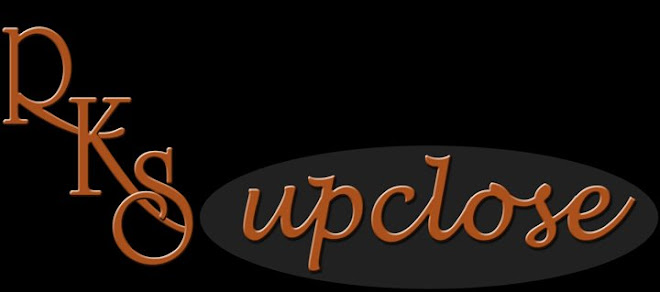Rebellion, judgement, death and murmuring against the man of God were all found in in Numbers 16.....
Then the deadly plague....
Num 16:46 And Moses said unto Aaron, Take a censer, and put fire therein from off the altar, and put on incense, and go quickly unto the congregation, KJV
There comes the moment when the Man of God must get what is in the holy place into the congregation....
Coals of God Fire and incense from the tabernacle must be transported from the presence of God to the congregation....
The Man of God becomes the censor....
And he stands between the living and the dead......
Tis my prayer that I can be that living censor to bring what happens in the heavenlies to the congregants of CUPC....
Wednesday, January 13, 2010
Subscribe to:
Post Comments (Atom)








2 comments:
Fantastic Brother Smith... thank you for sharing this.
Numbers 16 - the prototypical example of anti democracy. Humans supposedly killed by a bitter dictator who dislikes the critical thinking minds that he supposedly created. That could almost pass for Shakespearian irony...except Shakespeare was better.
Have you considered that this chapter is just another inconsistency that has no tie to factual reality? Take for example, the fact that Korah is the dirty ringleader in the Numbers 16 version of the story. Other renditions make no mention of Korah, but rather attribute the entire failed revolution to Dathan and Abiram (Deut.11:1-7 & Ps. 106:16-18).
Why then was the Korah character written into the story? Easy. A priestly editor added to the earlier rendition. He took the story of the Reubenite struggle for brotherly dominance - a power struggle that allegedly occured during primitive stages in Israelite history - and put a twist on it that teaches a lesson that only a priest would care about.
The lesson - from the Aaronic point of view - that Levites are not to be the big daddies in the priesthood. That's the role of Aaron's descendents. Thus the editor writes Korah's script, "...everyone in the congregation (of Levites) is holy" (Num.16:3). Thus, Korah reasons, Moses and Aaron do not need to take charge and command the people. The lesson is further reinforced in Numbers 17 when Aaron is exhalted as the holy priest.
The tragedy is that some Israelite priests used these stories, added to them, deleted from them, back and forth throughout much of the Torah to debate "Who is a priest?". And all the while no one ever stopped to asked, Why the bloodthirst and painting of a totalitarian and bitter deity? Why did they have to make up such a bloody history?
My guess is that its the same reason movies and books carry bloody and violent plots. We respond to it. We like it. Through it our minds experience what our hands and feet are not suppose to. So the real lesson is not about the man of god standing between the living and dead, or about Aaron being a cooler dude than the Levites, but it's about our own nature...we (collectively) like struggles and violence.
Just food for thought. Now look, I've gone and spent too much time typing, when I was suppose to be cleaning the kitchen.
Post a Comment